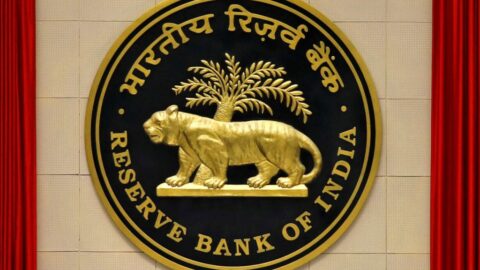 TheTechMedia.com/wp-content/uploads/2021/11/Cryptoc-300×200.jpg 300w” sizes=”(max-width: 640px) 100vw, 640px”>
TheTechMedia.com/wp-content/uploads/2021/11/Cryptoc-300×200.jpg 300w” sizes=”(max-width: 640px) 100vw, 640px”>Cryptocurrency has had a contradictory journey in India – on one hand, the country has nearly 15-20 million crypto investors, helping the rather unpredictable investment asset gain decent popularity. While on the other hand, the government and the RBI have not been open to introducing it to the markets.
A few days ago, it seemed that a compromise had been reached as India could allow cryptocurrency to be held as an asset. Now, that may have hit a blockade as the upcoming winter session of the Parliament might see a full ban of nearly all private cryptocurrencies, with some possible ‘exceptions’. Those exceptions shall be made to ensure that the underlying tech — mostly blockchain — continues to develop and thrive in the country.
We do not know which cryptocurrencies will be exempt, if at all. There is also a plan to introduce frameworks that would result in a government-backed digital currency. This means that private cryptocurrencies such as Bitcoin and Ethereum could be banned in the country unless they somehow fall under the list of “exceptions.”
Why has this development come forth, mere days after there were whispers that cryptocurrencies could be held as assets? The answer is the RBI and its new digital currency. It is a known fact that the RBI has been a vocal critic of cryptocurrencies and the way they operate. RBI governor Shaktikanta Das said that they were a very serious concern from a macroeconomic and financial stability point of view and that they were a threat to any financial system, at least till they were regulated.
In a rare public address, PM Narendra Modi reiterated the dangers of cryptocurrencies as well, saying that all democratic nations must work together to ensure cryptocurrency “does not end up in wrong hands, which can spoil our youth.”
The RBI has also been working on its own digital currency for quite some time, and it is one of the factors behind the decision to ban cryptocurrencies. After all, the ‘Cryptocurrency and Regulation of Official Digital Currency’ bill will “create a facilitative framework for the creation of the official digital currency to be issued by the Reserve Bank of India. The Bill also seeks to prohibit all private cryptocurrencies in India, however, it allows for certain exceptions to promote the underlying technology of cryptocurrency and its uses.”
The law, if passed and implemented, could pose challenges for crypto exchanges, which off late, have seen fledgeling business within the country. In a statement sent to The Tech Media, a CoinDCX spokesperson said, “We welcome the move from the Govt. A well assessed and thought through regulation would pave the way for greater adoption of the technology and will help millions of Indians embrace this new age asset class. We are looking forward to the next steps on this.”
The Crypto bill is part of the 26 bills that the government plans to introduce in the winter session.
Crypto industry bodies and representatives feel that crypto should be regulated instead of banned. Should the bill be passed, it will create a significant snag in their efforts to introduce cryptocurrencies in the Indian markets.











